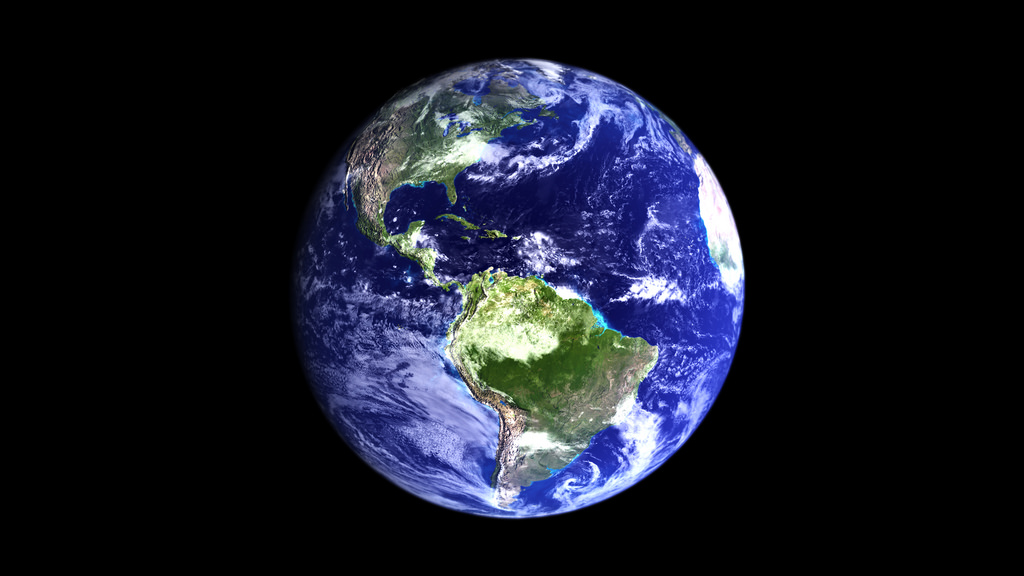Reversal of Earth's magnetic poles may occur faster than expected
The magnetic poles of our planet result from the liquid metals in the Earth's core.

Earth's magnetic poles may reverse earlier and faster than previously thought, a study by Chinese researchers said on Tuesday.
So far, geophysicists' calculations have indicated that this phenomenon would occur in a few hundred years, but new evidence suggests that the last geomagnetic shift at the end of the last ice age took only 144 years to occur, 30 times faster than previously thought.
The magnetic poles of our planet result from the liquid metals in the Earth's core. When these substances begin to move in different directions, they can have a major impact on the planet's magnetic field.
The researchers point to several reasons that have led to the belief that the next shift in pole magnetism may occur soon. The Earth's magnetic field would be around 10 percent weaker compared to records 175 years ago, which would mean the phenomenon would be close to occurring.
In addition, the magnetic poles are moving very fast. The North Pole is currently located on the polar ice north of Canada. However, every year there is a change of about 50 kilometers towards Siberia.
For scientists, the most significant argument to justify this trend would be that the reversal at the magnetic poles would be long overdue. This phenomenon occurs on average every 200 thousand or 300 thousand years, and the last complete inversion occurred about 780 thousand years ago.
Since then, the planet has had several times the so-called geomagnetic "excursions", which do not lead to permanent changes in the magnetic poles but result in temporary deviations, with the occurrence of complete but short-term reversals.
Researcher Jürgen Matzka of the Institute of Environmental and Earth Sciences in Potsdam said that these excursions are often ten times larger than before. These occurrences, he says, are at first indistinguishable from the real changes at the poles.










